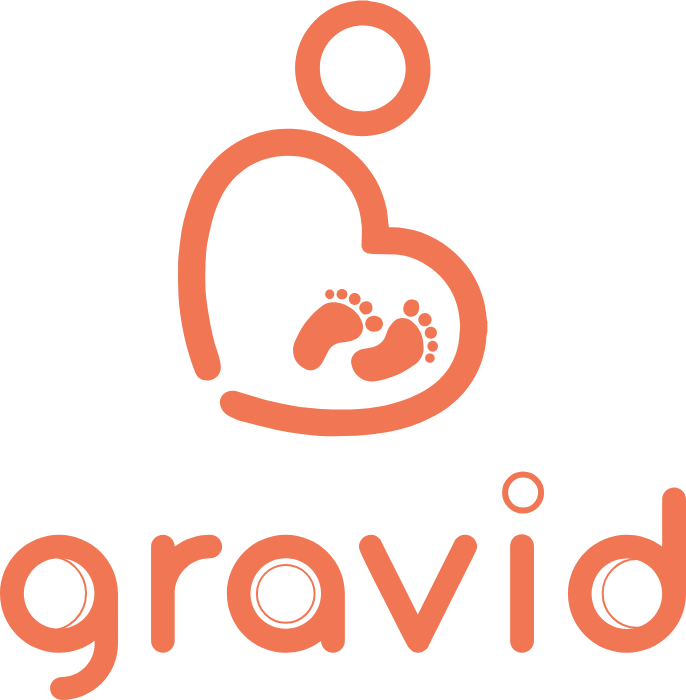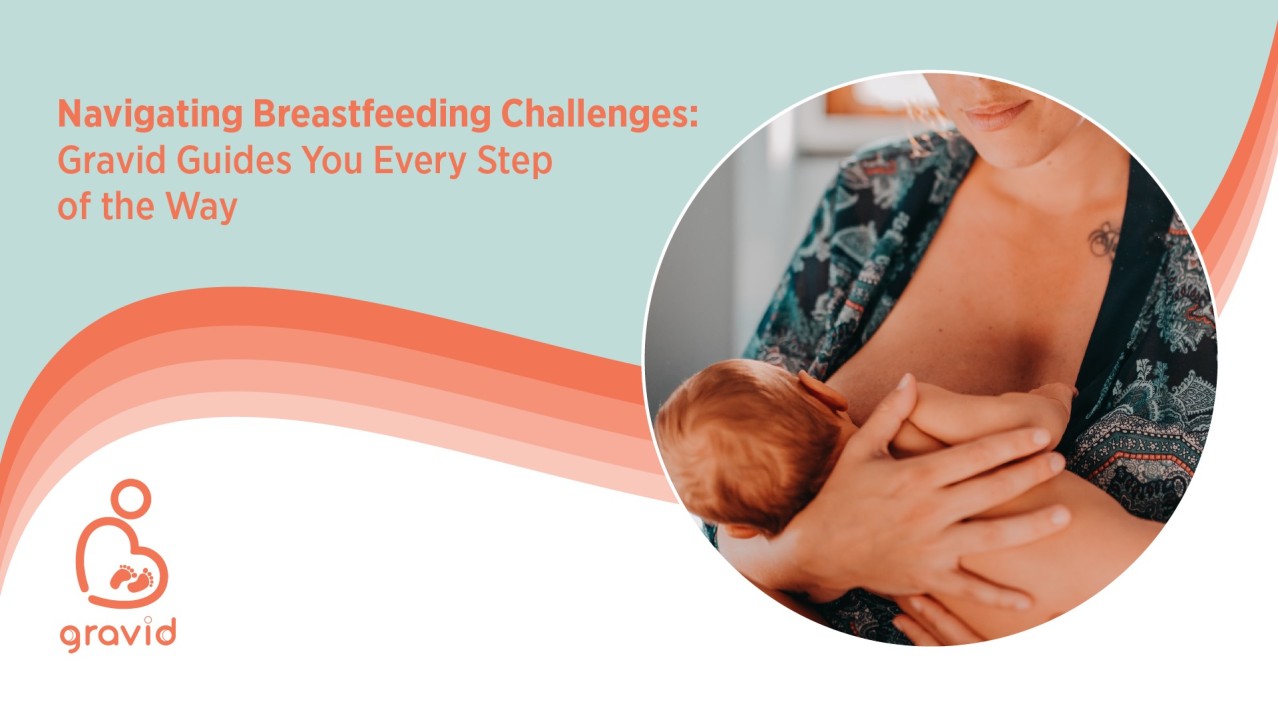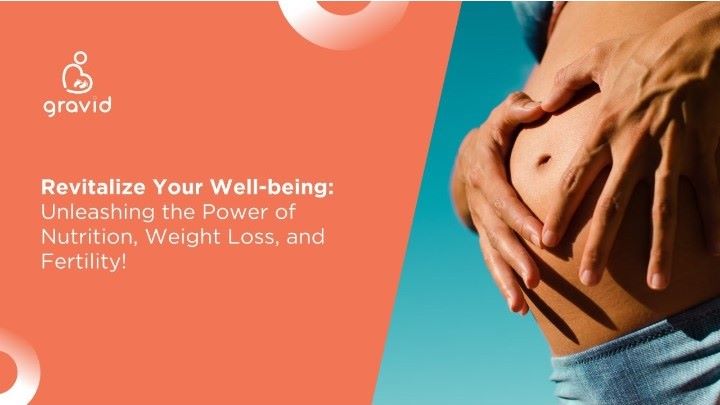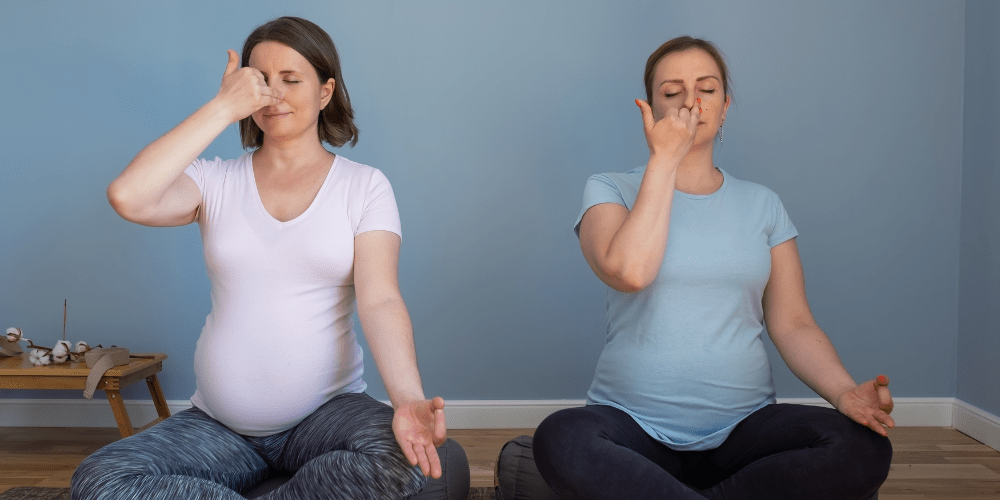Do you ever feel like you're standing in the way of your happiness? Sometimes we unconsciously self-sabotage without even realizing it, preventing ourselves from achieving the success and fulfilment we desire. The good news is, there are ways to overcome these behaviours and improve our lives.
Self-Criticism
One of the most significant ways we hold ourselves back is by blaming ourselves for negative outcomes. Studies have shown this type of self-blame can lead to feelings of helplessness and decreased motivation to take action to improve the situation. On the other hand, taking responsibility for our actions and focusing on solutions can lead to greater feelings of empowerment and control.
When we criticize ourselves, we are not acting in self-love. To truly value yourself, you must give yourself grace when you make mistakes, knowing each mistake is a learning opportunity.
Focusing on problems
It's also important to consider the power of thoughts and beliefs. When we focus on what is wrong, we perpetuate what is wrong. We get that which we focus on. Tony Robbins said, “What we focus on determines how we feel. And how we feel—our state of mind—powerfully influences our actions and interactions.” This is not just some new-age concept; it’s supported by research.
The circumstances of your life can either be an anchor that pulls you down or a springboard that uplifts you. What makes the difference is how you perceive your circumstances. Instead of focusing on what is wrong, shift your perspective to find what you can be grateful for. A study published in the Journal of Psychosomatic Research found that people who practised gratitude had better sleep quality, were less likely to experience symptoms of anxiety and depression, and had lower levels of inflammation.
Blaming Others
When we point our finger in blame at another person, we transfer all responsibility for the circumstances to that person. Thus, we have no way to affect our circumstances. However, we are empowered to make changes when we see our responsibility in the interaction. A study published in the Journal of Research in Personality found that individuals who feel like victims tend to have a more external locus of control, meaning they believe their lives are primarily influenced by factors outside their control, such as fate or luck.
In contrast, individuals who take responsibility for their actions tend to have a more internal locus of control, which is associated with higher levels of life satisfaction and better mental health.
To expand on this: When we blame others for our problems or circumstances, we give away our power to change the situation. By taking responsibility for our actions and acknowledging our role in the interaction, we can identify ways to improve the situation and empower ourselves to make positive changes. You have a part in every interaction; take responsibility for your part. This can lead to a greater sense of control over our lives and higher levels of life satisfaction.
Remember, you are a human being with great value, deserving of love and happiness. By taking responsibility for your actions, practicing self-love, and focusing on the positive, you can overcome self-sabotage and create the life you truly desire.












